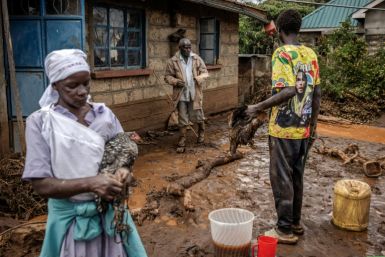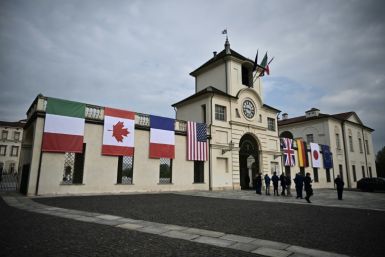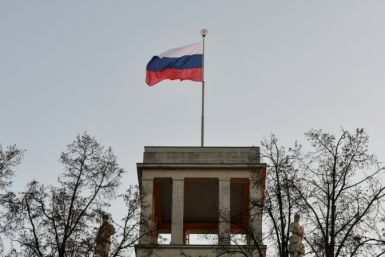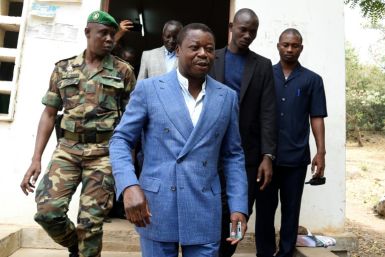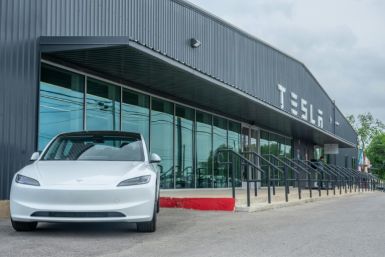New Zealand Votes Down ‘Feed The Kids’ Bill; PM John Key ‘Voted Against Children’
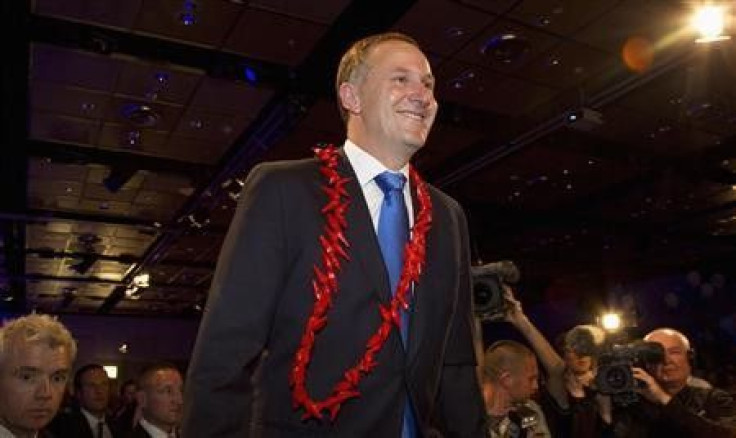
New Zealand Prime Minister John Key voted down a bill that could have fed kids at school, saying the number of children going to school without lunch is “relatively low.” Green Party co-leader Metiria Turei’s “Feed the Kids” bill failed to pass its first reading in Parliament on Wednesday after being defeated 61 to 59 votes.
The bill aimed to form a comprehensive food program that would see all kids in deciles one and two schools provided breakfast and lunch. However, despite the backing of the Green Party, Labour, New Zealand First and the Maori Party, it still failed to pass the first reading after it was voted down by a narrow margin.
Turei, who inherited the bill from former MP Home Harawira, said the death of the bill meant Mr Key was against underprivileged kids. “Make no mistake, John Key voted against children today and showed how completely out of touch he is with the needs of New Zealand’s poorest kids,” she said in a statement.
Mr Key explained his decision not to vote for the bill earlier, saying he did not think the issue was widespread. Although he admitted that there are children who go to school without food, the number is low.
He revealed that he asked Education Minister Hekia Parata to visit three random schools to find out if the figure Turei claimed was correct. The Greens co-leader previously said up to 90 percent of children arrive in schools without food to eat. This was rebutted by the PM, who boasted he has been in more schools since he became a prime minister in 2008 than Turei.
He cited Parata’s findings during question time, saying there were zero children who came to school without lunch in Te Waiu o Ngati Porou School, Ruatoria, decile one, while there were “three or two kids” who had in lunch at Sylvia Park School, decile two. In Manurewa Intermediate school, decile one, there were around 12 children without lunch.
“Yes there is an issue where some children come to school without lunch. That number of children is relatively low,” Mr Key insisted.
Earlier in March, the National Party leader vowed to use his own money to buy a whole school lunch for one year if Turei’s statistics were true. He challenged the MP to visit a school with him to test her theory. Turei accepted the challenge, although with the bill already failed to pass the first reading, it appears that the visit is off.
For feedbacks, email a.lu@ibtimes.com.au.


